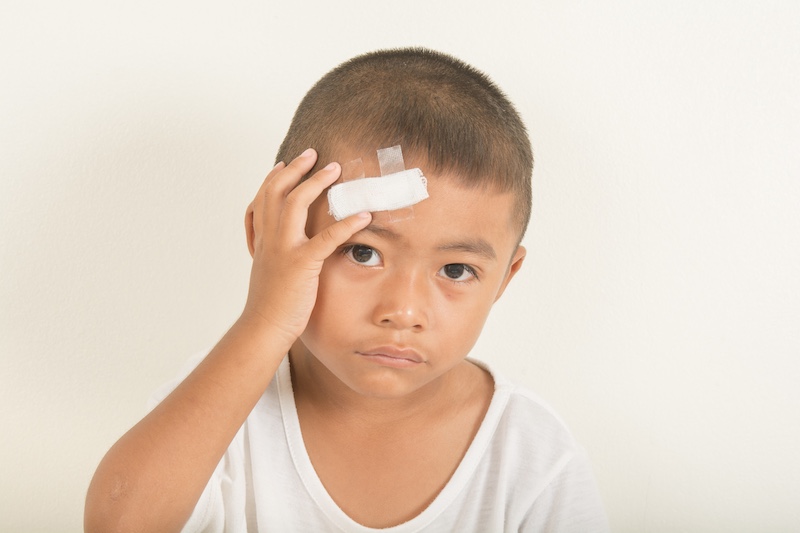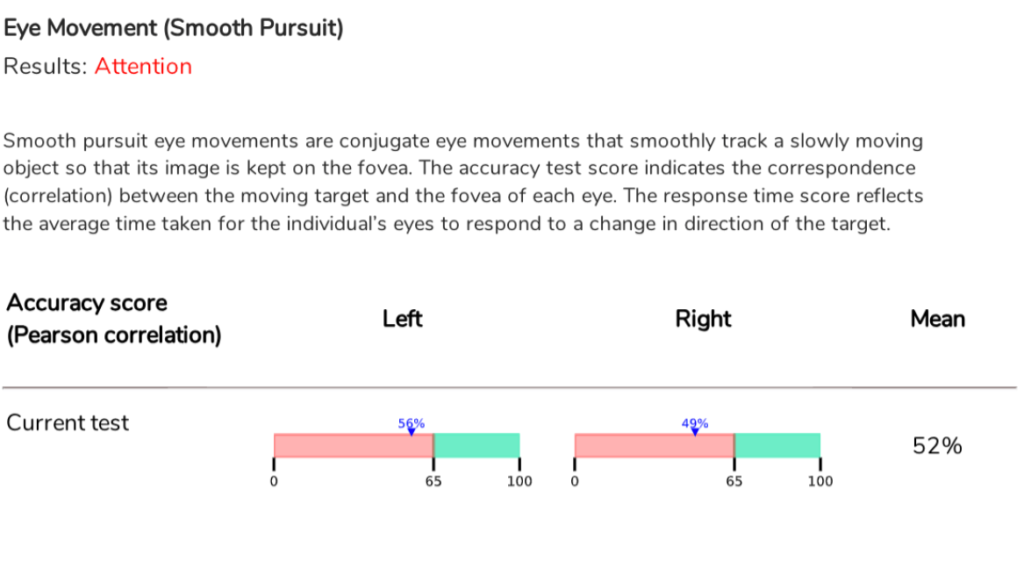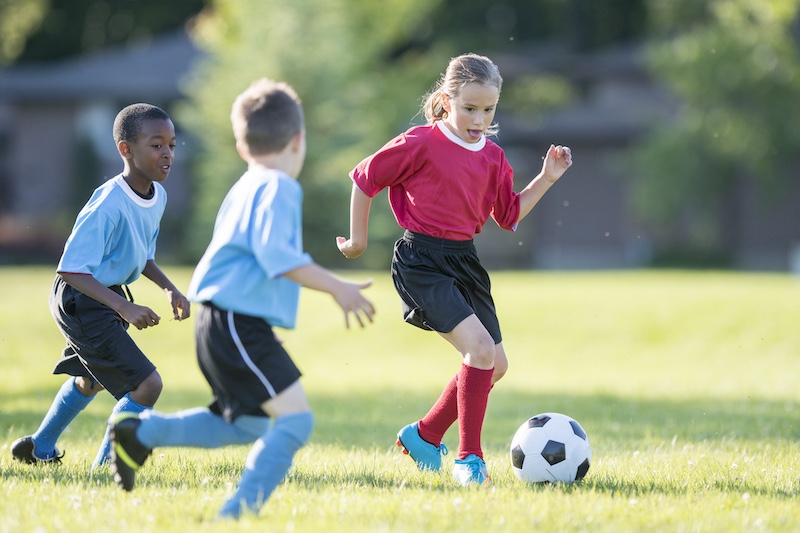Date: 03/01/2025
Imagine your child takes a hard hit during a game and suddenly starts acting a little off. As a parent, it’s natural to wonder if it’s just a bump or something more serious. After all, concussion, a type of brain
injury, can have affects that aren’t immediately obvious. That’s why it’s so important to take these injuries seriously and know how to respond.
In this article, we’ll explore a real-life story, identify key concussion signs to watch out for, and share tips
to help you confidently manage your child’s concussion recovery.

Hudson’s story: a head bump on the rugby field
Hudson, a 9-year-old rugby player, suffered a head knock during his second game. At first, he seemed
fine. But not long after, he felt dazed, confused and wobbly on his feet.
Hudson and his father received a lengthy concussion information sheet from the governing body, but it lacked clear instructions. Important details—like ensuring Hudson gets medical clearance before playing again—were buried in the text.

Fortunately, Hudson’s dad, a BrainEye app team member, had the app on hand and was able to take action quickly. He used the app to check Hudson for any warning signs, and it revealed low accuracy in
Hudson’s eye movement. You can see his actual result in the image above.
Hudson rested until he was able to go see his doctor, an appointment that had been scheduled as a mandatory step in the return to play protocols. Hudson was diagnosed with a concussion by his doctor. So, thankfully, BrainEye’s quick assessment helped ensure Hudson’s safety and a proper recovery.
“It was really eye-opening for me to be on the other side of the coin.
Hudson’s father
I have spent years telling parents how to keep their kids safe.
Having a child who seemed well, I found that the decision to force him to rest wasn’t as easy as it should have been.”
Spotting concussion symptoms in children
Every child is different, and the effects of a head injury can vary greatly.
While it can be challenging to identify concussion symptoms, as a parent, you know your child best. With careful observation, you can often tell when something isn’t right.
Start by watching your child closely and talking to them. Keep in mind that they may struggle to describe how they’re feeling, especially if they don’t fully understand what’s happening. Unlike adults, they might not use terms like “brain fog” or “dizziness.”
Then, look out for signs such as:
- Confusion or trouble focusing
- Irritability or mood swings
- Dizziness or balance problems
- Headaches
- Difficulty concentrating
- Sudden behavioural changes (e.g., becoming withdrawn, unusually emotional, or easily upset)
Remember: Children may not fully grasp what’s happening to them, so it’s essential to be patient. Try asking simple questions, like ‘Does your head hurt?’, ‘Do you have a tummy ache?’, or ‘How many fingers am I holding up?’, and trust your instincts. If any answers or symptoms raise concerns, seek medical advice right away.

Supporting your child’s recovery
Rest is the key to recovering from a concussion, both physically and mentally. You’ll want to limit activities that’ll strain their brain, such as exercise, reading, screen time, or even schoolwork. Keep an
eye on your child’s behaviour, and consult a medical professional to make sure they heal properly.
Tools like the BrainEye app can play a helpful role in managing your child’s concussion recovery.
Regularly performing tests can provide valuable data to your child’s doctor, helping to monitor their progress and adjust treatment plans as needed.

Where to from here?
Dealing with a concussion can be scary, but with the right approach, you can help your child recover
effectively. By using the BrainEye app, you can better assess your child’s general brain health and wellbeing.
Download the BrainEye app today to help protect your child and give you peace of mind.
More blogs
Why tracking brain health trends is critical
Your brain is constantly changing, but subtle shifts can signal potential problems. Learn what brain health trends are and why they’re key to protecting your cognitive well-being.
8 Facts About Sports Concussion
Concussions are often underestimated, but they can have serious, lasting effects on the brain. Uncover the hidden facts about concussions in sport, and learn how to protect yourself and your loved ones.
What you need to know about brain health
Your brain controls everything you do. But how often do you consider its health? Discover insights and practical tips to help you understand and improve your brain health and overall well-being.
Discover more about how BrainEye works, or download the app via the Apple App Store or Google Play Store.

